Gifts Beyond Physicality: Intellect, Wisdom, Experience, & Love
by Jon R. Wiener, Published in the 2022 Rhapsodist, A-B Tech’s primary venue for literature and fine art
In 1977, my father Lou was 70 years old. I was 24. Most of my life I remembered him having to be on crutches to walk anywhere. He had bilateral hip osteoarthritis, and by that time had already had two total hip replacements (and was going to have another in his future). A combination of very intense athletic activity and injuries in his youth and a World War II explosion injury had damaged his hips, and he would spend the rest of his life on those crutches.

To take this magnificent physical specimen of a man and reduce him to being on crutches took a terrible emotional toll on him. Photographs of him in the 1930s, when he was the Chief Lifeguard of the New York beaches, portray his physique as the nearest thing to Superman I’ve ever seen.
He held the world record for 72 lives saved as a lifeguard for the year 1933, as recorded by the International Red Cross, a record that stood for many years. He was a multi-time winner of the 18-mile St. Lawrence River swim. He was a boxing instructor, played semipro football, was my first martial arts instructor-teaching me what he had taught Army Commandos in hand-to-hand combat-and, despite his muscularity, was a frequent finalist or winner of the New York City handball tournament, no mean feat where agility and quickness were paramount.
Adjusting to changing self-image
With an 8th grade education, he rose to be a Colonel in the OSS (Office of Strategic Services – precursor of the CIA) during World War II….so, he wasn’t used to failure, and he wasn’t used to being looked at as “injured,” or disabled. And then he was on crutches for the last 45 years of his life.
At 24 I was halfway through my Master’s program in Microbiology. The University of Maryland required I have a minor, so I chose the biology of the aging. In it, through coursework, we were taught that men, much more so than women, and especially if very athletic, faced a big issue dealing with the loss of their physicality.
Former football players, wrestlers, and participants in other aggressive sports had difficult times adjusting to giving up those sports, especially when they had nothing to replace it with.
A man who had learned golf at a young age as a hobby, along with being a college football player, for example, could more easily transition to golf from football, and maintain their competitive spirit. A
A man who simply stopped playing football, and didn’t know a gentler second sport, might go home to sit on the couch, or try to learn the second sport in his later years. The latter could very easily get frustrated trying to learn a new sport in their 40s or beyond and develop depression and issues of self-worth, especially if they linked who they were with their physicality.
Relearning your self-worth
My Dad had not learned any of the gentler sports one could do when older. One day he pulled the family aside and said that he had decided that he would just swim as far out in the ocean as he could, and then, being too tired to swim back, accept that he would drown, as a way of ending his, and our, perceived misery. He thought that he had nothing left to give us, and he thought he was only a shell of his former self.
My mother was beside herself. A woman who, in my mind, could handle anything, was suddenly lost as to how to deal with this development of her husband.
She pulled me aside and said, “Please talk to him. I don’t know what to say.”
I thought, “why pick me, the youngest, when there are three older siblings?” but since she asked me I said I would try. Knowing this man’s monumental stubbornness, I thought I could and would easily fail.
So, a few days after his announcement, I sat alone with him in our apartment and gently raised the subject again. “Do you really think your life has no value, and that you have nothing left to teach me?” I asked.
“Name one thing I’m useful for,” he responded. “All the children are grown up now, so what do they need from me?”
I said that I don’t know how to buy a house, I don’t know how to get the best deal when buying a car, I don’t know how to be a great Dad, other than watching him, and I still needed his guidance for the many life issues that would arise that I knew nothing about. Who could I trust to give me the best advice in hard times if my best advisor was not around, if my best advisor had committed suicide as a way to handle his hard times? What example does that set?
I still needed his intellect, his wisdom, his experience and his love, even if his body was failing him. And there was nothing wrong with his mind.
His expression changed. This very strong, very tough rock of a man, with steel blue-grey eyes that had sent disapproving daggers into many a soldier’s heart, looked at me and those eyes watered. Forty-four years later, I will never forget his face at that moment. It was an odd combination of sadness, vulnerability, appreciation, and the confusion that comes from a man who had to be incredibly tough, but had a soft heart.
He lived another 18 years and was as instrumental in giving me the best advice as anyone in my lifetime. I have never known a finer man. He was the perfect combination of kindness, humor, integrity, toughness, and real-life wisdom.
If given the choice between being a great man or a good man, I’ll always, if I can’t be both, take the latter. My Dad, even if not a great man by the world’s definition, was a very good man.
The post Gifts Beyond Physicality: Intellect, Wisdom, Experience, & Love first appeared on .

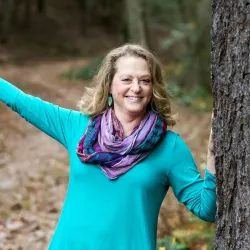




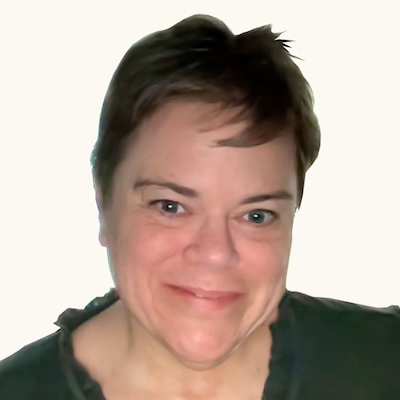
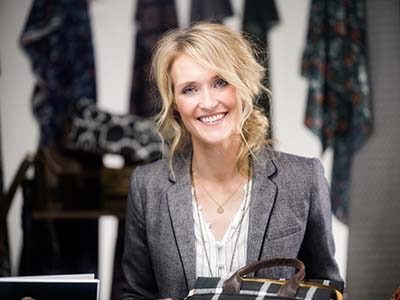


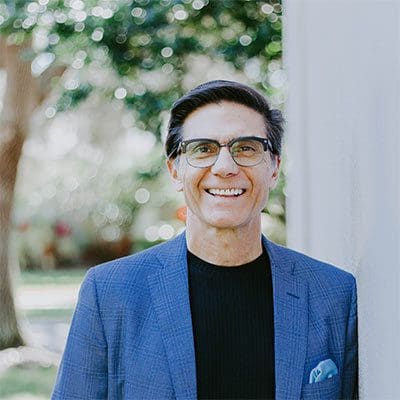
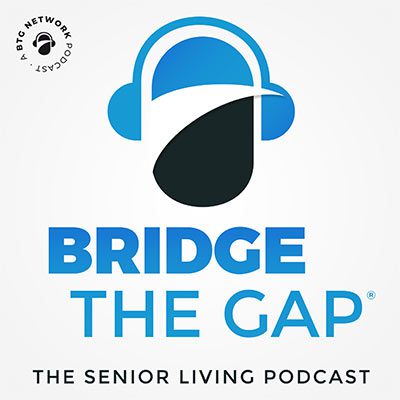


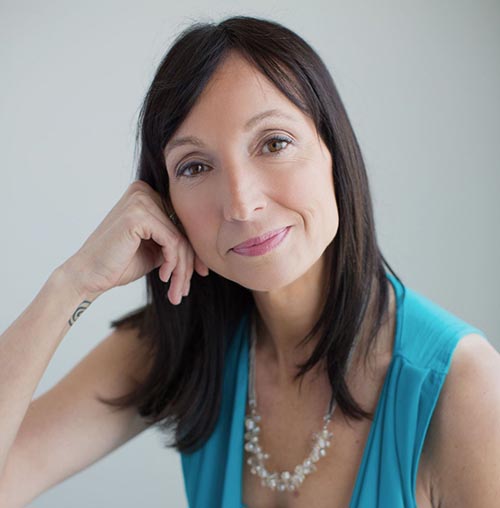


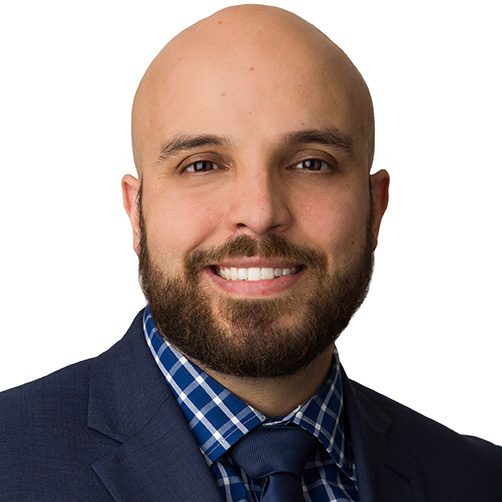







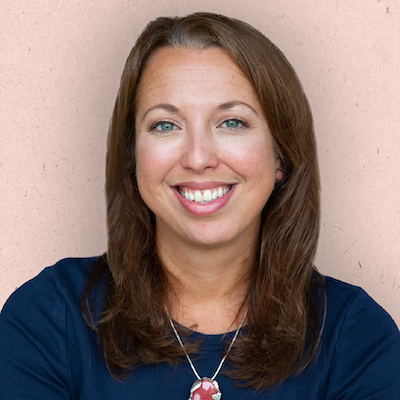

Already a Member? Login Here.
Not Yet a Member? Join the Conversation Today!